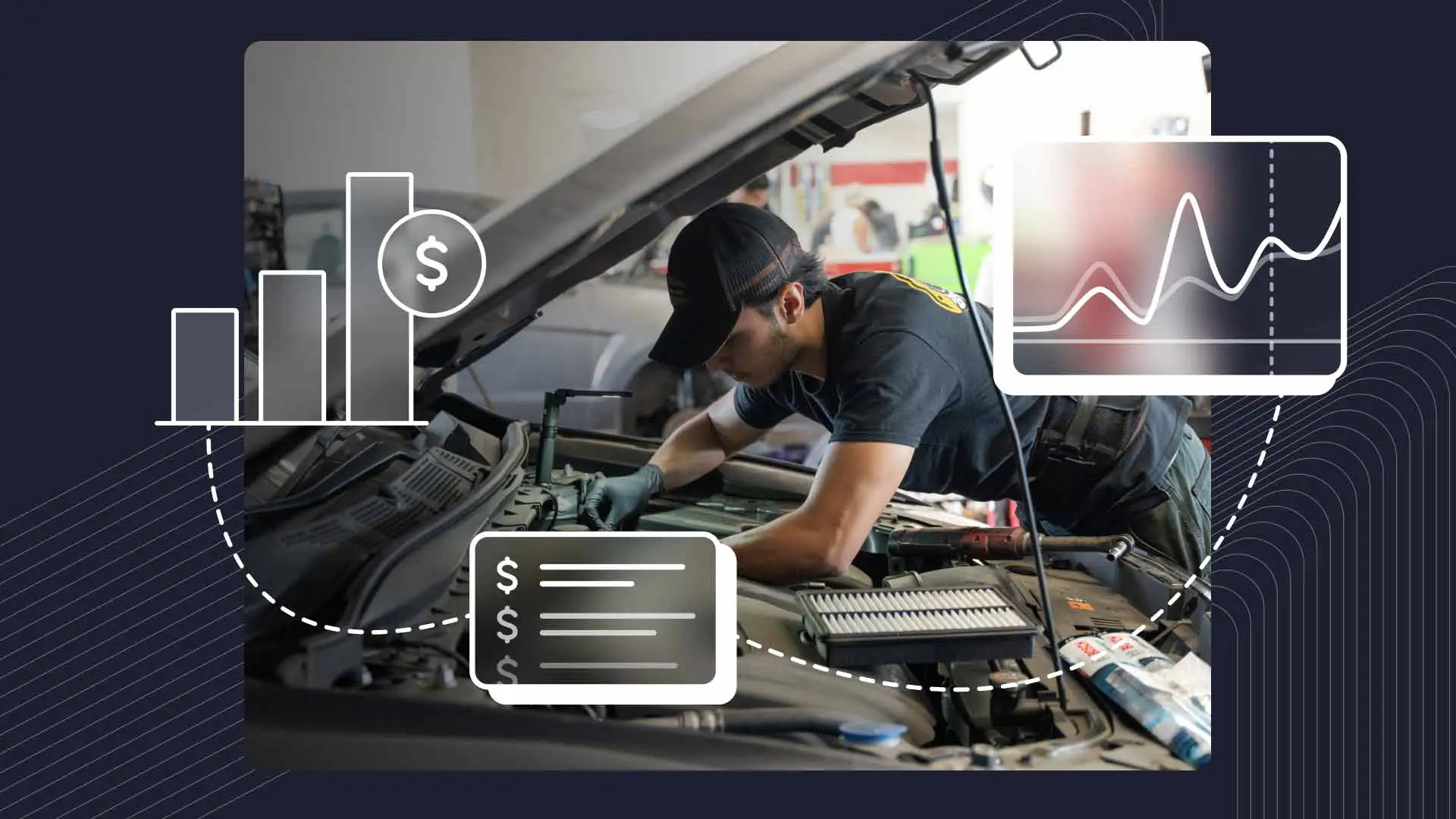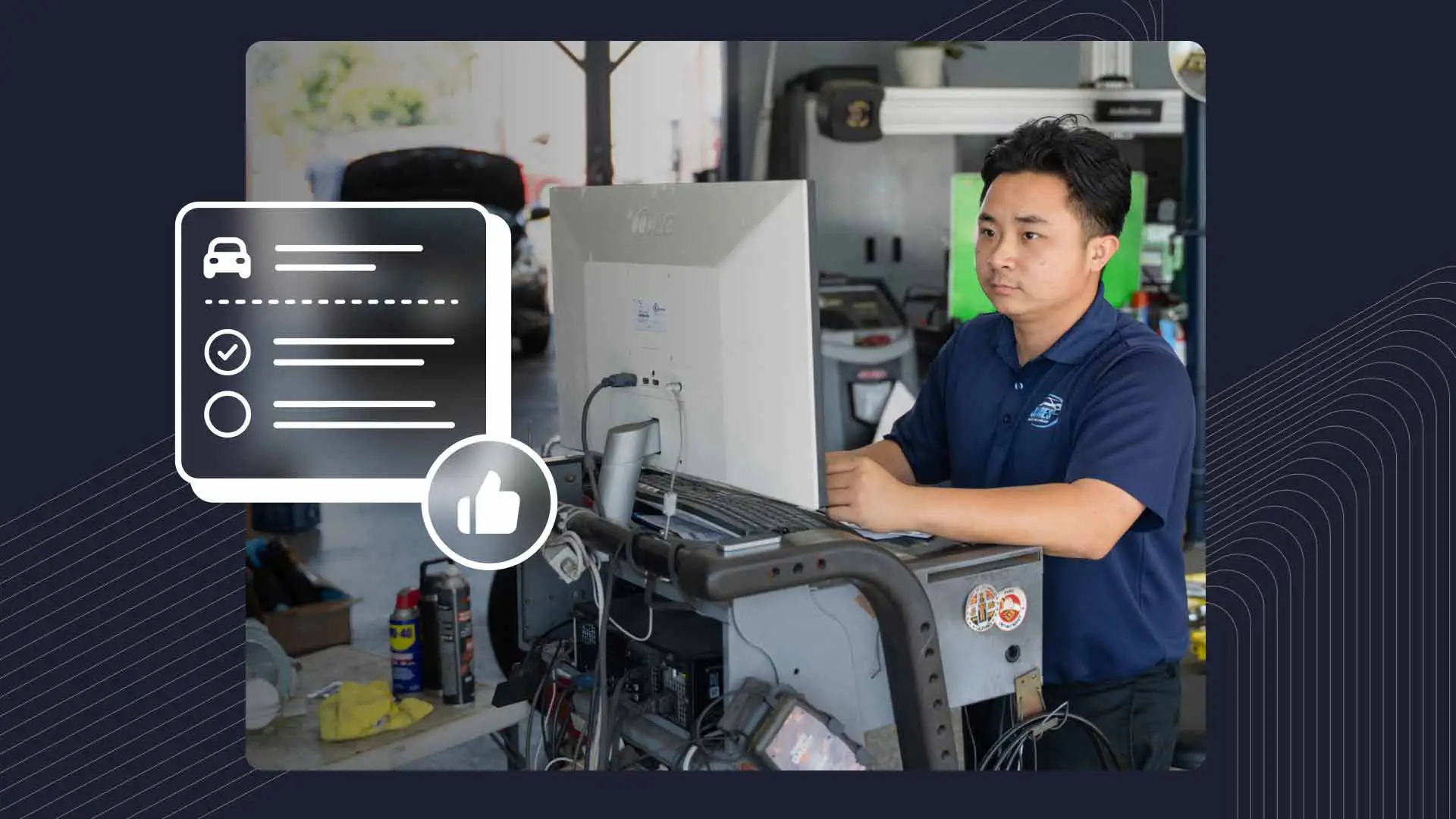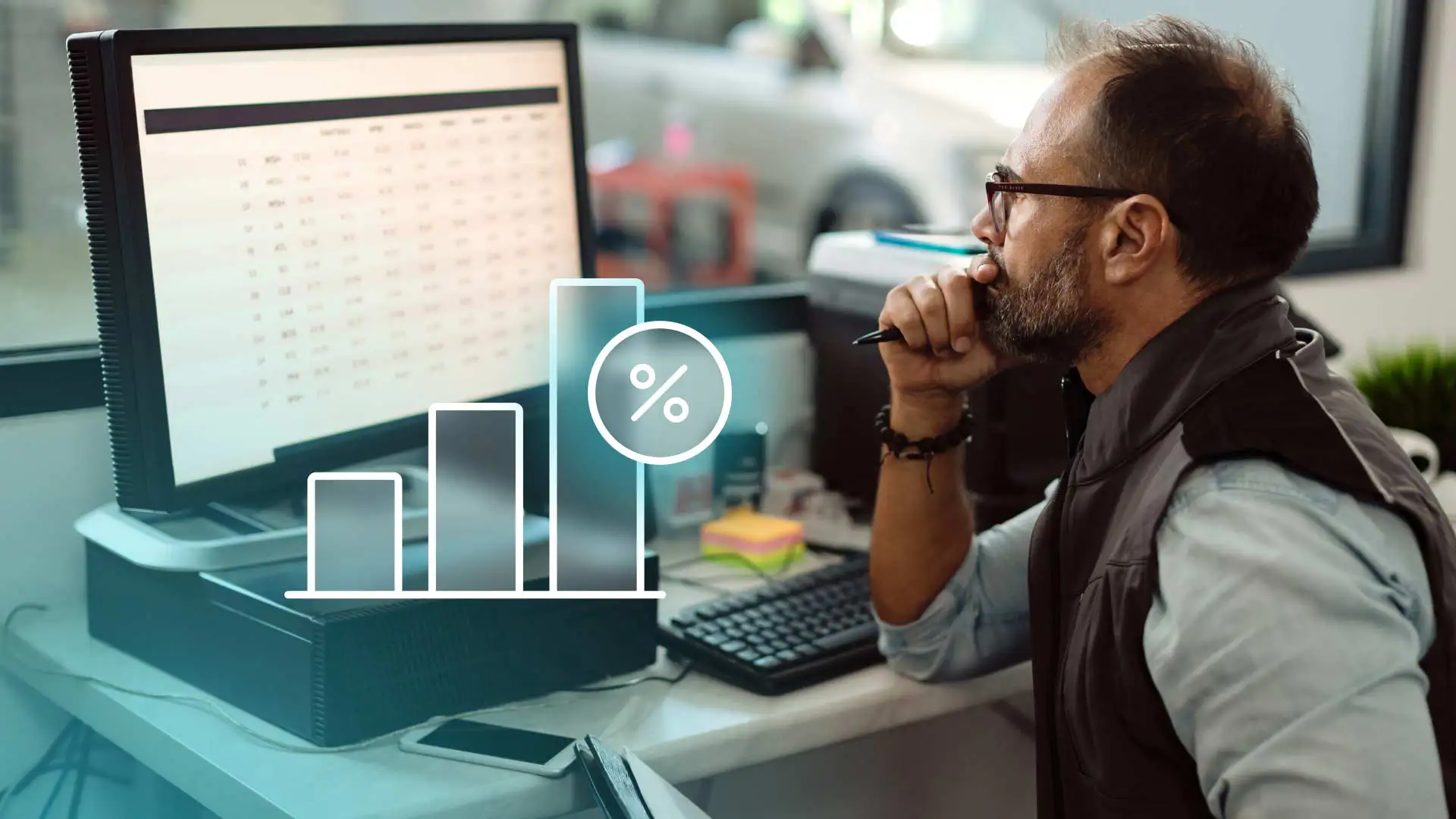Modern technology has revolutionized automotive repair. Advanced diagnostic tools like OBD-II scanners help technicians quickly and accurately identify problem areas. Inventory management systems closely monitor stock levels and automatically reorder parts when supplies run low. And, mobile apps and online portals let customers track their vehicle's service progress, make payments, and schedule appointments.
While these developments represent a massive leap forward in operations and customer care, they’ve also introduced a new threat: cyberattacks. In recent years, hackers have zeroed in on small businesses, including auto repair shops. Why auto shops? Because every bit of technology they use can open the door to sensitive information.
Cybercriminals’ efforts to access, steal, alter, or destroy important data can have devastating consequences, especially for businesses without the resources or expertise to ward off these online assaults. Let’s take a closer look at the risks and explore some strategies to help protect your shop against potential attacks.
Understanding the Risks
Data Breaches
One common type of cyberattack is a data breach, where sensitive information like customer records, financial documents, or confidential business data falls into the wrong hands. Auto repair shops, like any other business, store tons of customer data, from names and addresses to credit card numbers and VINs. If this information is stolen, it could be used for identity theft or fraud, causing financial hardship for the shop and its customers. A data breach also damages the shop’s reputation, as customers may no longer trust that it can protect their information. Plus, the business could face legal issues, especially if the breach was a result of negligence or non-compliance with data-protection laws.
Operational Disruption
Cyberattacks can also play havoc with a shop’s day-to-day operations. Picture a ransomware attack that encrypts a shop's customer records, appointment schedules, and diagnostic information. The resulting chaos could bring operations to a grinding halt, causing missed appointments, delayed repairs, and unhappy customers. Even a few days of downtime can devastate the bottom line and undercut the shop’s ability to attract and retain clients.
Essential Cybersecurity Measures
With so much at stake, auto repair shops should make every effort to protect themselves and their customers from cyberattacks. The key areas to focus on include:
Network Security
One very basic but very essential cybersecurity measure is installing quality antivirus and anti-malware software. As your shop’s first line of defense, these tools prevent, identify, and remove viruses and other malicious software that can creep into your system through emails, websites, and external sources like USB drives.
Using outdated software can also leave your system vulnerable to security risks, so it’s important to keep operating systems (Microsoft Windows, Mac, Chrome, etc.), management software, diagnostic tools, and any other equipment that connects to the Internet current with the latest updates. This process, called patch management, helps prevent hackers from accessing your network.
If anyone on staff uses your network remotely, make sure they’re doing it securely through Virtual Private Networks (VPNs). VPNs create a safe passageway for information to be transmitted back and forth, making it harder for hackers to grab hold of sensitive data.
Another layer of protection, known as a Web Application Firewall (WAF), acts as a shield between your shop’s website or management software and incoming web traffic. For shops that offer online booking systems or customer portals, WAFs protect against Distributed Denial of Service (DDoS) attacks, which can overwhelm a network by flooding it with fake traffic. WAFs like Cloudflare basically act as filters, blocking malicious requests while granting access to legitimate customers and users.
Data Security
One simple way to beef up your shop’s security is by restricting access to sensitive information. For example, you could assign different levels of access based on a person’s role within the company. Either way, allowing employees to only access the data they need to do their jobs helps minimize internal threats and limit the damage if an employee's credentials are compromised.
Sensitive data should also be encrypted, or scrambled for those who shouldn’t see it. Even if hackers do get their hands on valuable information, if it’s encrypted they won’t be able to read or use it. Encryption is a must for customer information, financial data, and other sensitive business materials.
Having regular backups and a disaster recovery plan will help keep the business on track in case of a cyberattack. By backing up your data–both on-site and in the Cloud–you can quickly recover it if it’s lost or stolen. Meanwhile, a disaster recovery plan outlines the steps your business will need to take to get back up and running as quickly as possible.
Employee Training
The human element of cybersecurity shouldn’t be overlooked, and that starts with schooling your staff on phishing attacks and other scams. Hackers like to trick employees into clicking on malicious links or giving up sensitive information by sending fraudulent emails that seem legit. Encourage your team to watch out for suspicious email addresses, questionable attachments, and urgent messages.
Password security is another important area. All employees should use strong, unique passwords for their accounts, and avoid reusing them on different platforms. For added security, you could require multi-factor authentication (MFA), where employees confirm their identity using two or more methods.
Finally, if a security breach does occur, there needs to be a clear process in place for reporting and dealing with it. Employees should report any suspicious activity immediately, and a team or individual should be assigned to investigate and resolve any potential threats.
Neutralize the Threat
As auto repair shops lean more on technology for different tasks, the threat of cyberattacks will never be far off. But being proactive about cybersecurity by securing your network and data, as well as educating employees on how to identify and prevent potential threats, can help safeguard your shop, your customers, and your future.
For shops interested in a secure and efficient way to manage their business, Shopmonkey offers SOC II compliant auto repair software that keeps customer data safe while enhancing the shop’s performance and growth.




